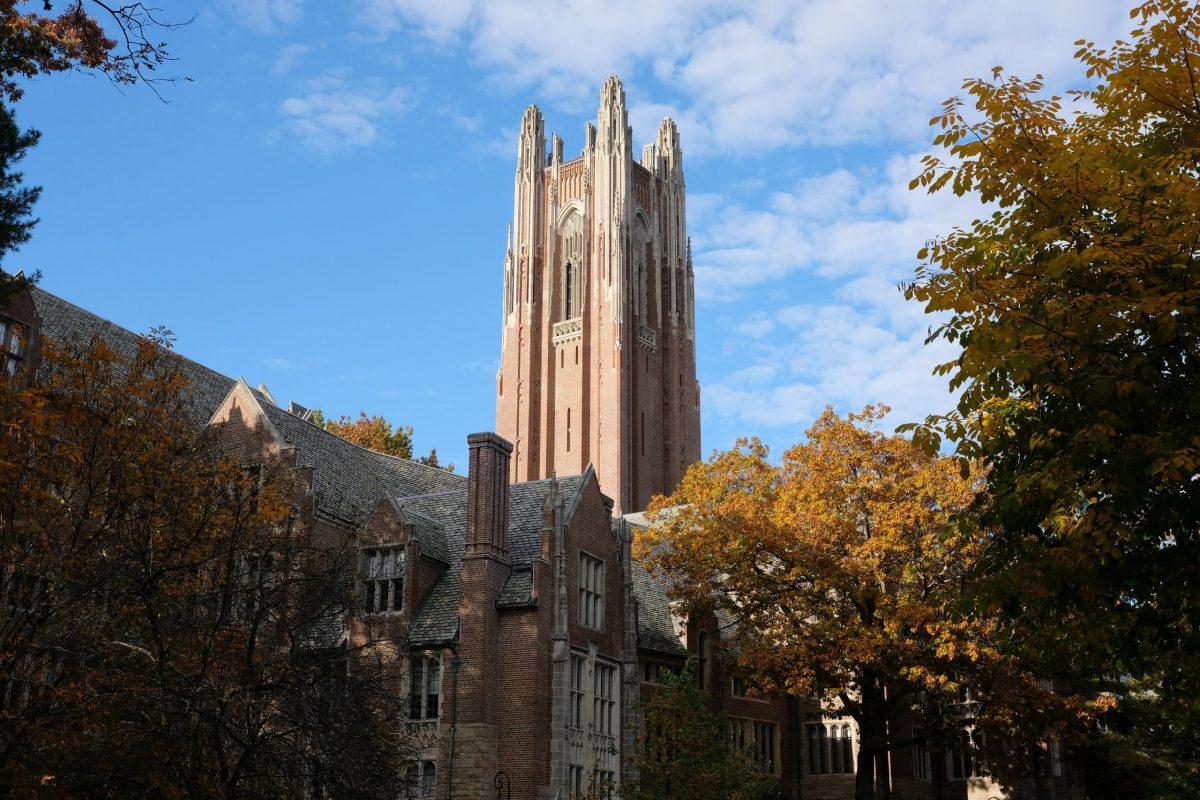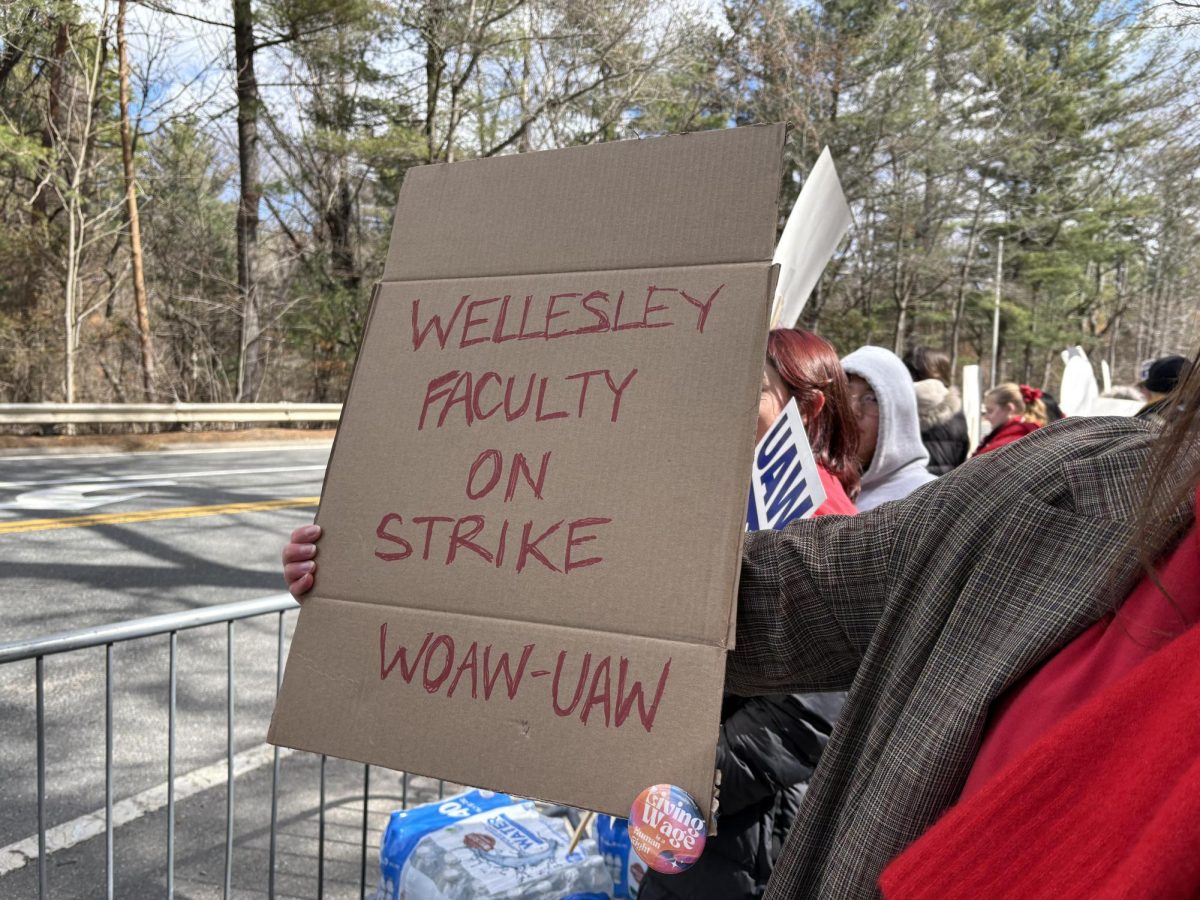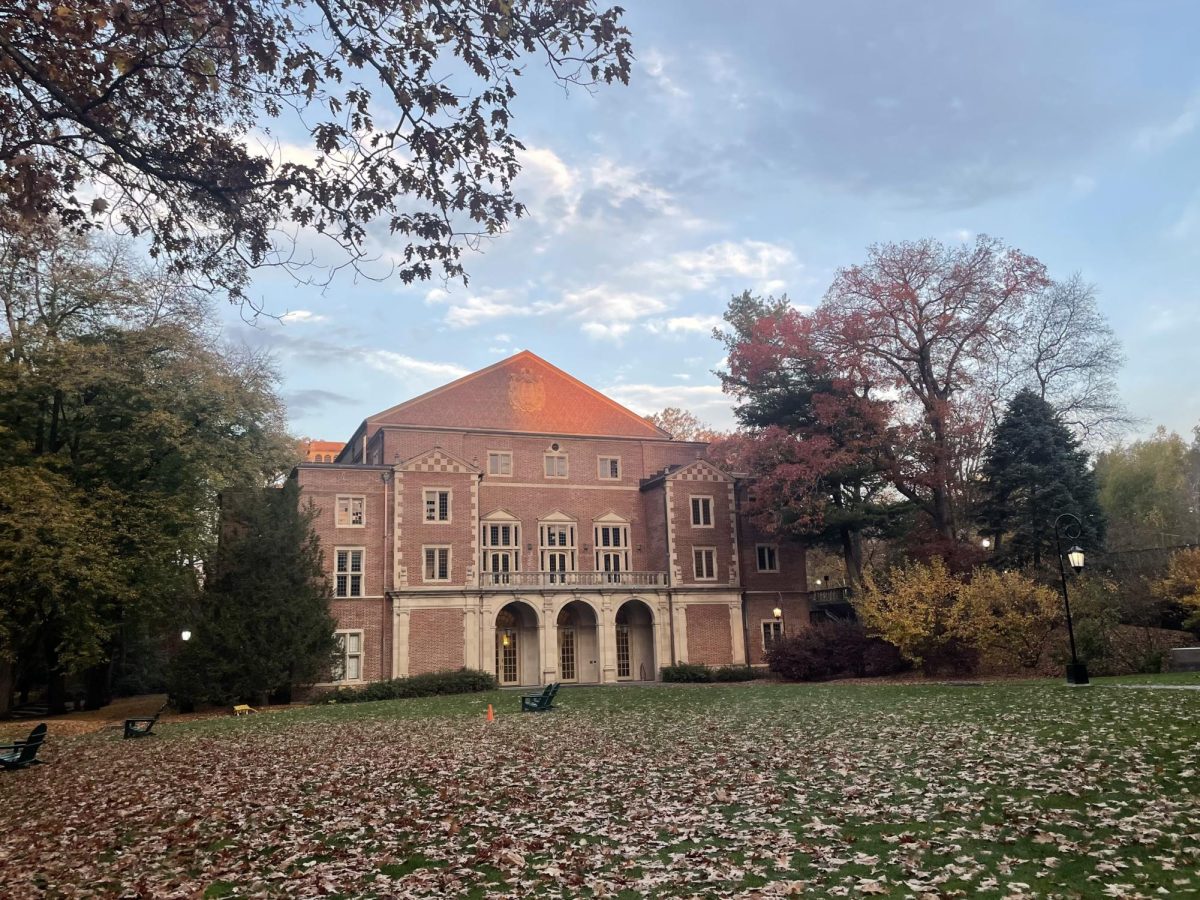The Wellesley Organized Academic Workers (WOAW) union called for an expansion in nondiscrimination policies and complaint procedures against negotiation pushback, in a new open letter addressed to the College administration.
The open letter directly addressed four senior College officials, including President Paula Johnson, Provost Courtney Coile, Dean of Faculty Affairs Megan Núñez and Chief Human Resource Officer Carolyn Slaboden. As of 10 p.m. EST on Wednesday, the letter has been signed by 67 WOAW faculty members, 49 tenured and tenure-track faculty members, four faculty emeriti, nine staff members, 29 current students and 20 alumni.
This January, a group of non-tenured faculty voted to unionize as WOAW and the union is affiliated with United Auto Workers (UAW), one of the largest trade unions in the United States. The College has met with the union for nine bargaining sessions since May, according to the College’s website.
Under their proposal, Wellesley’s unionized faculty could file a grievance in response to harassment or discrimination. Unionized faculty members, then, could receive immediate assistance — WOAW offers examples of schedule flexibility, mutual no-contact orders and office relocation — that can help them continue to work.
The proposal comes in response to current College grievance procedures that exclude harassment and discrimination from the grounds for filing a grievance. Under this policy, a faculty member can only file for a Title IX investigation.
Under the WOAW proposal, grievances concerning harassment and discrimination could be filed instead of or in addition to Title IX cases — WOAW says that the two processes, while separate, are complementary.
WOAW said that their proposal is consistent with the Department of Education’s stance on the scope of Title IX. The Department’s regulations do not prevent someone from negotiating a grievance process, regardless of whether they file for a Title IX complaint.
While the Union said the College has pushed back on its negotiating term, they said the proposal is consistent with Johnson’s own Congressional testimony in 2019 as co-chair of the Committee on the Impacts of Sexual Harassment in Academia.
In a June 12 testimony, Johnson noted that the “increased focus on symbolic compliance with Title IX and Title VII” did not necessarily lead to effective policies and procedures in preventing sexual harassment but instead protected the “liability of the institution.”
One of four recommendations was providing “support for the target,” including access to avenues that allow for less formal ways to report information about the incident, minimal fear of retaliation and the target’s reintegration into the work environment.
In the letter, WOAW said their proposal offered College employees “more options for speaking up” as they claimed many non-tenured faculty who had reported harassment outside the Title IX process never received a response from the College.
“To exclude these claims from the grievance procedure would be a step backward for Wellesley and a step backward for women in academia. We believe Wellesley College should offer more to its faculty than basic legal compliance,” said WOAW.
In response to a request for comment to The Wellesley News, the College said that updates about the negotiation process are available on their website.
The College said they will review proposals and counterproposals and respond in future sessions, on a page providing an update on the September 5 WOAW negotiations. The College will meet the Union again on September 24 and October 8.
The College also listed attorney Nick DiGiovanni of Morgan, Brown & Joy as a member of their bargaining team. The Bates Student reported that DiGiovanni successfully prevented unionization for full-time faculty members at Tufts University Medical School and Elmira College. Morgan, Brown & Joy LLP’s website notes that one of their areas of advisement is union avoidance strategy.
Contact the editor responsible for this story: Valida Pau




